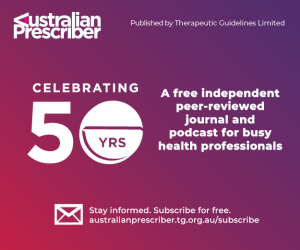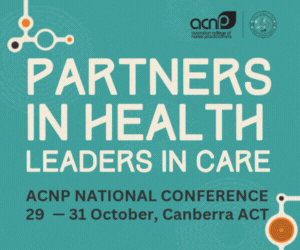The Royal Commission into Aged Care Quality and Safety provides a ‘once in a lifetime’ opportunity to identify, examine and address the multitude of issues facing the aged care sector. Paramount being the objective of ensuring the safety, health and wellbeing of older Australians who rely on care.
The ANMF is uniquely placed to participate in this Inquiry as the organisation that represents the core of the workforce who provide that care.
The terms of reference for the Royal Commission go to the very matters the ANMF has sought to bring attention to over many decades.
The ANMF has campaigned, made submissions and conducted extensive research in support of mandated staff ratios and skills mix in residential aged care. Transparency and accountability in funding and reporting would provide the structural oversight to ensure that what is required to be delivered for safe and best care is in fact delivered.
Of course, the ANMF is not alone in calling for major reform to the sector. The voices of families and advocates of consumers are perhaps the most compelling and were instrumental in prompting the federal government to call a Royal Commission.
The ANMF’s message has always been consistent across the many forums to which it has contributed submissions and evidence.
What distinguishes the Royal Commission is that it is not confined to one aspect of aged care, it will take a broad and comprehensive approach to all facets of the delivery of aged care. This in turn makes the opportunity to address the Royal Commission a special chance to bring all these threads together in a public forum that has the capacity to result in lasting systemic change.
Hearings commenced on 11 February 2019 in Adelaide with the purpose of providing background information about the aged care sector and the issues that need to be addressed. To do this, the Commission heard evidence from witnesses on behalf of some of the principal representative organisations that have deep interest and involvement in the aged care system.
ANMF Federal Secretary, Ms Annie Butler, along with a range of industry representatives from organisations such as COTA, ACN, AMA, other unions, various advocacy groups and government bodies gave evidence in the opening weeks of the hearing.
This provided a significant opportunity for the ANMF to explain why mandated minimum staffing levels and skills mix are central to the delivery of safe and best quality aged care.
Concerns with increasing pressures of workload, disparity in remuneration between aged care and public sector health services and lack of professional opportunity in the aged care sector were all brought to the Commission’s attention.
The Royal Commission will of course not only identify problems – it will also make recommendations as to how to solve problems and introduce reform. The Commission recognises that witnesses will wish to put forward possible solutions. The ANMF’s evidence does just that.
The ANMF commissioned a report ‘National Aged Care Staffing and Skills Mix Project Report 2016’ which sets out an evidence based methodology in support of minimum staffing levels and skills mix. That report is expanded upon with a plan demonstrating how the introduction of minimum ratios and staffing mix can be economically sustainable. This substantial academic work now forms part of the evidence to be considered by the commissioners.
In the coming months the ANMF will make further detailed written submissions to the Commission and may be requested to provide more background material or evidence as the hearings progress. In order to prepare submissions and be responsive to requests from the Commission, the ANMF has established a working group of aged care experts from the federal office and each branch.
This in itself has already proved a highly productive exercise – providing a forum for exchange of ideas and knowledge across the branches.
The Royal Commission has provided the impetus to bring our knowledge and skills together – for example a central database of aged care resources will be created and members of the working group have already shared a lot of insight that can be taken back to state branches.
The work we are doing now will inform and assist both the federal office and the branches to continue to advocate for improvements for members working in aged care.
Most importantly, we believe the work we are doing for the Royal Commission will contribute to real and much needed improvement to the lives of elderly Australians.









One Response
I think this is a wonderful, I have worked in this area As a carer and Leisure and lifestyle person.. You get Accreditation people coming in they forewarn the care home when they are coming and the place makes sure everything is up to date. They put on more staff and make it all look so good. I agree that there should be more staff and less top heavy with management, plus the safety and well being of the resident. But even the best Care homes are not the best I have seen residents not showered for days and their hair not combed or their teeth not cleaned ect ect So I hope that I die before I ever have to go to one !!!